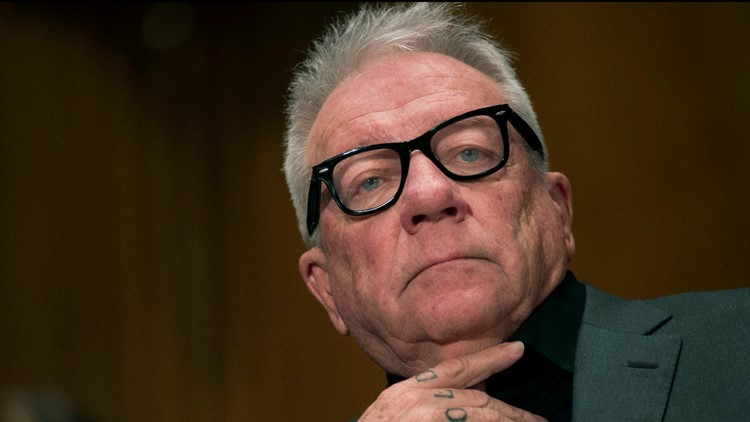Backpage Founder Sentenced to 5 Years for Money Laundering

Backpage.com, a classified site known for generating $500 million in prostitution-related revenue, was shut down by the government in 2018. In a recent development, Michael Lacey, one of the founders of Backpage, has been sentenced to five years in prison and fined $3 million for money laundering.
A jury convicted Lacey, 76, on a single count of international concealment money laundering last year, but several other charges related to prostitution facilitation and money laundering remained unresolved. Despite being acquitted of some charges due to insufficient evidence, Lacey still faces around 30 remaining accusations.
According to authorities, Backpage’s revenue from promoting prostitution reached $500 million from its establishment in 2004 until its closure in 2018. Lacey’s defense team maintains that he was primarily focused on running a newspaper chain and was not involved in the day-to-day operations of Backpage.
During the sentencing, U.S. District Judge Diane Humetewa criticized Lacey, stating that he was fully aware of the allegations against Backpage but failed to take any action. In addition to Lacey, two other executives, John Brunst and Scott Spear, were each sentenced to 10 years in prison for their roles in the operation of Backpage.
Prosecutors accused the defendants of promoting prostitution under the guise of a legitimate business while deceiving anti-trafficking organizations and law enforcement about the true nature of Backpage. Lacey allegedly used cryptocurrency and foreign bank accounts to launder the site’s revenues earned from ad sales after banks expressed concerns about potential illegal activities.
Backpage employees were reported to have identified prostitutes through Google searches and offered them free ads on the site. The company also allegedly had a business agreement to place ads on a platform where customers reviewed their experiences with prostitutes.
Despite efforts to conceal the illicit activities, the site’s marketing director admitted to facilitating prostitution by providing free ads to sex workers. The former CEO of Backpage, Carl Ferrer, pleaded guilty to federal conspiracy charges and state money laundering in connection with the operation.
While two other Backpage employees were acquitted, Lacey, Brunst, and Spear were convicted on multiple counts. The defendants were restricted from presenting a 2013 memo that indicated Backpage’s cooperation with law enforcement to prevent criminal activities on the site.
Following the shutdown of Backpage, a Government Accountability Office report revealed a decline in the FBI’s ability to identify victims and traffickers. Prosecutors claimed that Lacey and Larkin, the founders of Backpage, maintained control over the site even after selling their interests in 2015.




